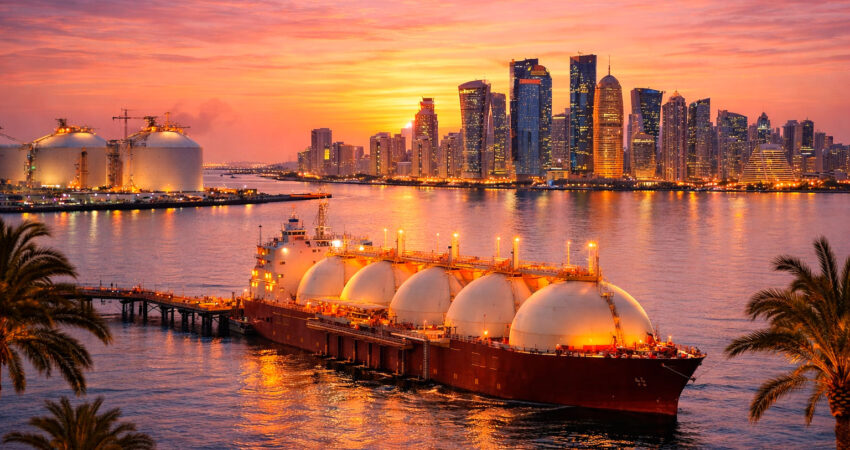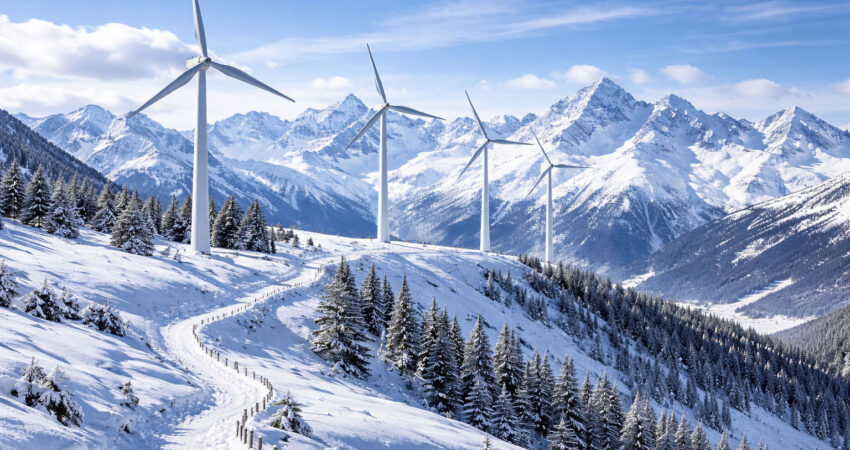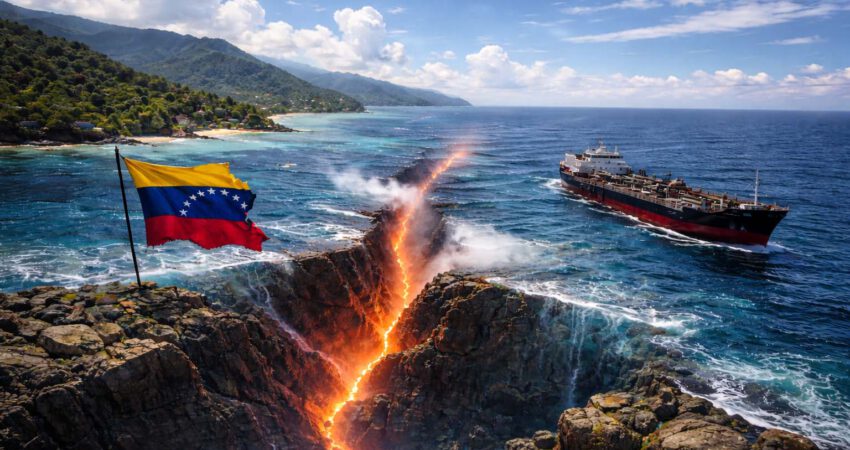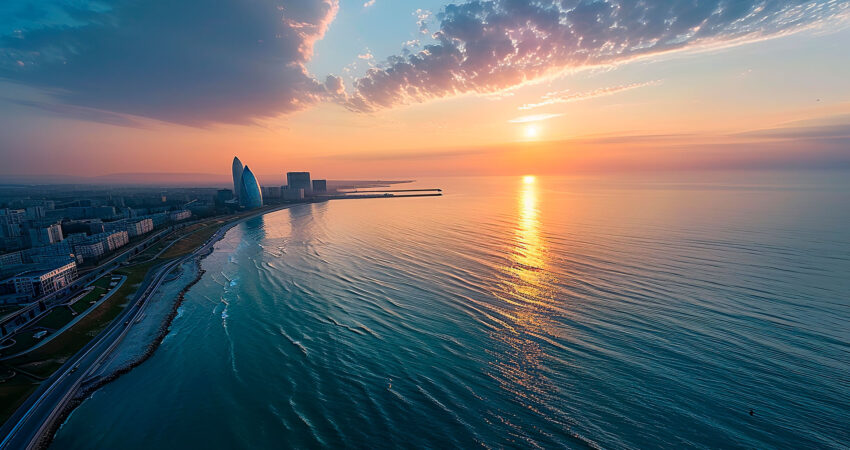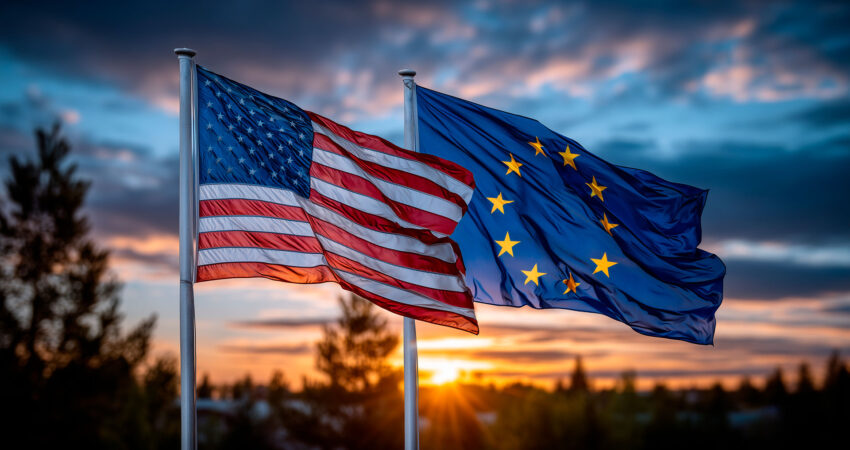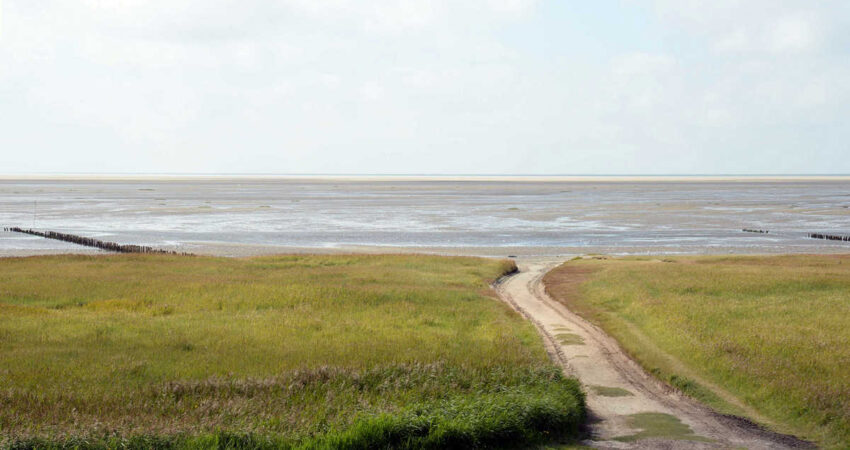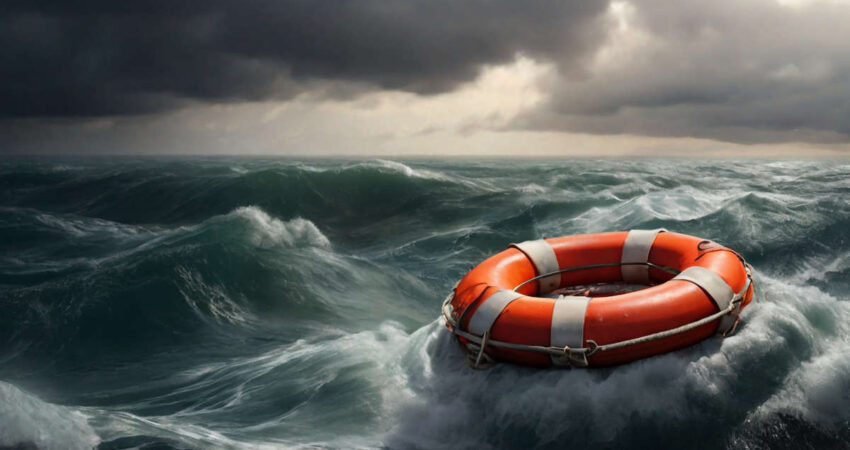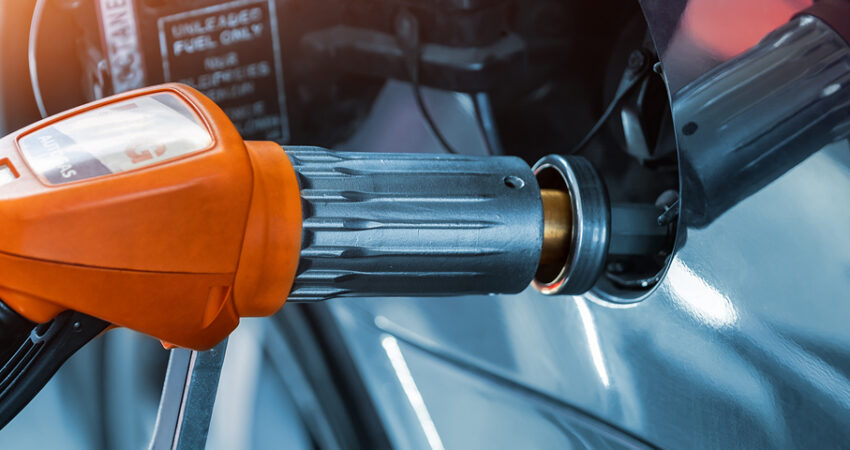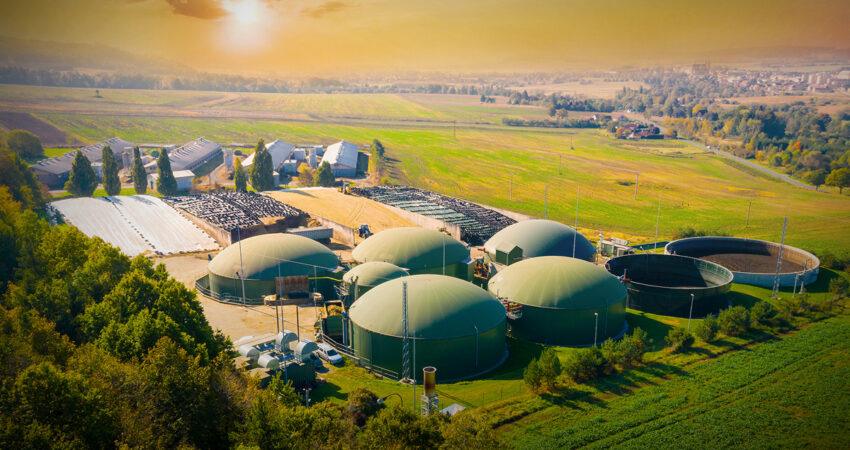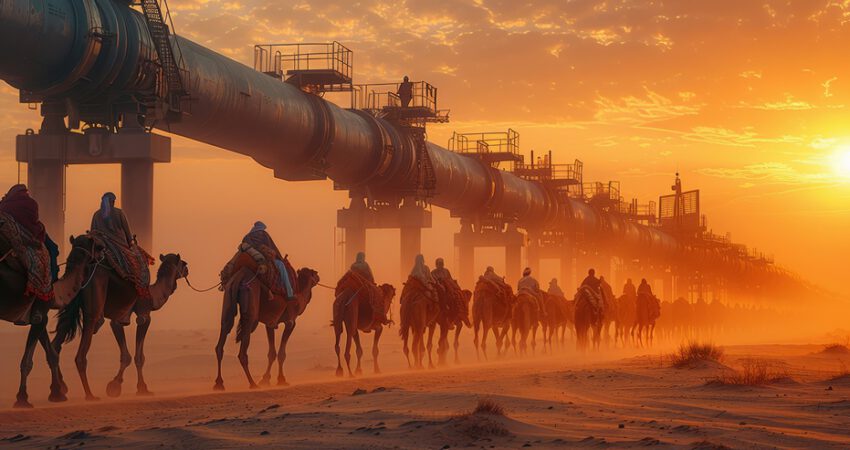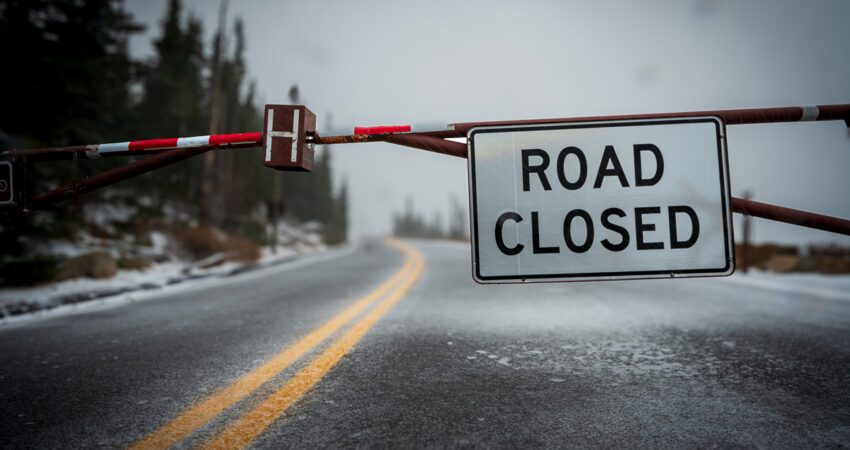German Chancellor Friedrich Merz’s visit to Qatar in February 2026 was more than just a bilateral meeting. It is part of a broader European Union strategy to diversify LNG supplies. Against the backdrop of increasing dependence on American LNG and growing unpredictability in Washington, Berlin and Brussels are trying to make their energy supply more […]
Oil and Gas
As Europe moves deeper into the winter of 2025-2026, the continent’s energy system reflects a transformation shaped by cooperation, investment, and strategic foresight. Technically, electricity and gas supplies are broadly secure across the Union. Economically, markets remain sensitive to global conditions but they are now operating within a framework that is more diversified, more connected, […]
Venezuela’s recent political upheaval has triggered renewed attention in global energy markets, but oil prices remain muted, with Brent crude trading around $60 per barrel. According to analysts, this muted reaction reflects broader supply conditions rather than a lack of concern about Venezuelan instability. Political Earthquake, Limited Price Reaction The U.S. military’s operation to capture […]
For some time, Azerbaijan has been seen as one of Brussels’ allies in its efforts to diversify energy imports. However, the situation appears to have stalled, with multiple factors converging to limit the participation of Azeri gas in the European energy mix. In this article, we assess the potential of this partnership. The grand plans […]
Europe is facing new challenges in the energy sector that are fundamentally reshaping its strategy. The pivotal decision to abandon energy supplies from Russia opens the door to a deeper transatlantic partnership. The US is emerging as a confident leader in liquefied natural gas (LNG) supply and is ready to provide reliable, long-term exports. For […]
The prospect of reviving the Nord Stream 2 pipeline has been emerging since the very start of the new US administration, both behind the scenes at senior intergovernmental levels and on the ground in Germany. In this article we will look into the rumours, to assess whether Nord Stream 2 can be revived. The Nord […]
From January to November 2024, despite the conflict in Ukraine, EU countries spent a record €6.3 billion on Russian gas, 18% higher than in 2023. This trend has continued in 2025: in February, the EU bought around 74.3 million cubic meters of LNG from Russia every day, 11% higher than in the same period in […]
The EU has decided to expand its list of sanctioned goods and add a ban on liquefied petroleum gas (LPG) imports from Russia to the already extensive list of foreign trade restrictions. Although Russia’s share of supplies is small, the ban could nevertheless be a destabilising factor for a number of sectors of the European economy.
The energy landscape in Europe is undergoing a profound transformation. The European Union is striving to meet ambitious climate goals, but in the meantime the region’s reliance on cleaner fossil fuels such as liquefied natural gas (LNG) is expected to increase significantly. This article explores the complex dynamics at play, focusing on the intersection of the EU’s green agenda, growing demand for LNG, and the geopolitical challenges that shape Europe’s energy security.
The Trans-Caspian gas pipeline (TCP), which Turkmenistan is interested in building –despite it remaining unimplemented for decades – has recently received a new impetus for development. This at least is the cautious conclusion that can be drawn after talks held in Ankara between Turkmenistan and Turkey in April this year at which the parties signed a memorandum of understanding on strengthening cooperation in the gas sector. The talks particularly focused on reviving the TCP.
At the beginning of this year, it became known that Ukraine would not renew its contract with Russia for the transit of Russian gas to Europe. This contract, which expires on 31 December 2024, covers the transportation of 225 billion cubic metres of fuel over five years. Most of the Russian gas flowing to Europe was channelled through this pipeline. However, Kyiv has now made it clear that it has no intention of providing Moscow with transit capacity. While Europe was quick to express verbal support for this decision, Russia still anticipates the possibility of an extension to the agreement.

